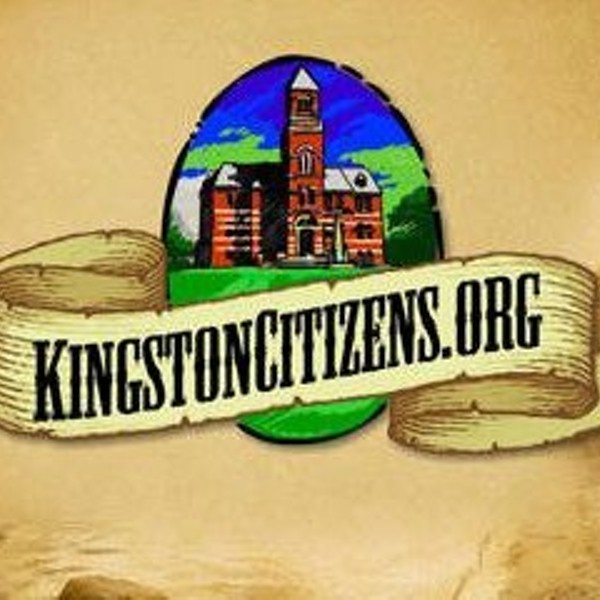As a result, the district consolidated resources, reduced expenses relating to traveling specialty teachers, and realized significant savings. "Most of our money is spent because we are obligated, based on regulations and legislation that we must follow as public schools," Padalino says. "If you look at the changes that have come down over the last seven to 10 years, and how quickly we've adapted and still found success, we're surprisingly nimble for the size of our organizations."
At KCSD, graduation rates have increased. They're currently considering ways to implement restorative justice practices, and a proposition to reopen one elementary school as a universal pre-kindergarten is on the ballot for this month's school budget vote. Padalino would like to see the Secretary of Education properly fund and lead public education at the federal level. "And use that position as a vehicle to do something within an institution that already exists," he says.
A Failing School Is Easy to Find
In January, the KCSD BOE passed a resolution expressing opposition to the confirmation of Betsy DeVos. "In writing the resolution," says Board Member Robin Jacobowitz, "I wanted the KCSD community to be aware that the officials they have entrusted to oversee their public schools are deeply committed to that purpose, and that we oppose efforts that threaten the vibrancy of the public education system." They weren't alone. School boards in 25 districts around New York State were doing the same thing—nine of them in the Hudson Valley.
The New Paltz Central School District was one of them. "The opposition had to do with the feeling that there's been a huge assault on public education throughout this country," says Superintendent Maria Rice, intimating that the DeVos confirmation flies in the face of public education.
"A lot of people say the system is failing," says NPCSD BOE Vice President Michael O'Donnell. "It's fairly easy to make that argument because you can always find a failing school, and there's always a belief that the free market could fix it. It's a perfect relationship between poverty and outcome. There is nothing different in the overall system between that affluent area and the area in poverty. What is failing is the community that the school is located in. It's the context in which those kids go to school, where they have a great deal of food insecurity, insecurity in the stability of their household. Many pervasive problems find their way into the classroom."
Her first day on the job, DeVos made a joke on Twitter: "Day 1 on the job is done, but we're only getting started. Now where do I find the pencils? :)" Public school teachers responded with a Twitter storm, listing the classroom supplies they buy out of pocket and letting her know that working all day without pencils is a materials infraction at many schools. "I see it as a social justice issue," says Cynthia Clisort, a teacher's union rep and reading teacher for KCSD. "We shouldn't be making fun. We see kids every day who need free lunch. I spend a lot of money on my classroom. To be joking about where the pencils are seems callous and enormously out of touch."
During her confirmation hearing, DeVos revealed a lack of understanding about issues in education, for instance, confusing the terms growth and proficiency in a conversation around measuring student progress. In discussing the Individuals with Disabilities Education Act (IDEA), which ensures the equality of those students, DeVos was apparently unaware that it was a federal law. "The complete and total disregard for the conversation around public education, and the thought, or the lack of thought, that she should be prepared to discuss and know it is most telling," says NPCSD BOE President Aimee Hemminger. "She has a motive and a clear idea of what she thinks should happen."
















